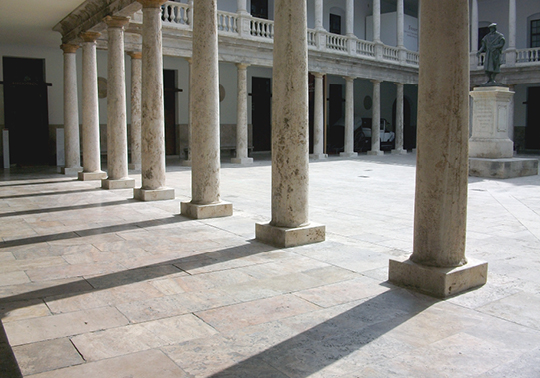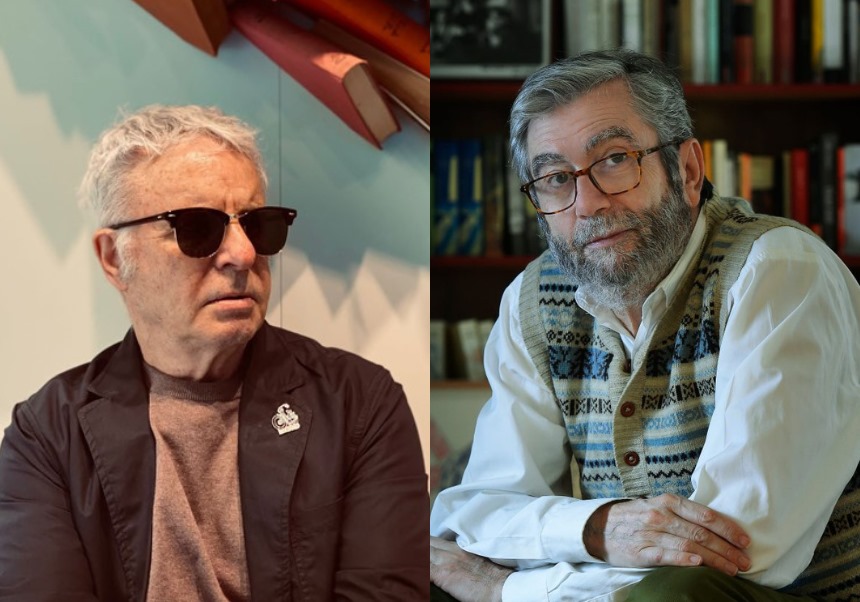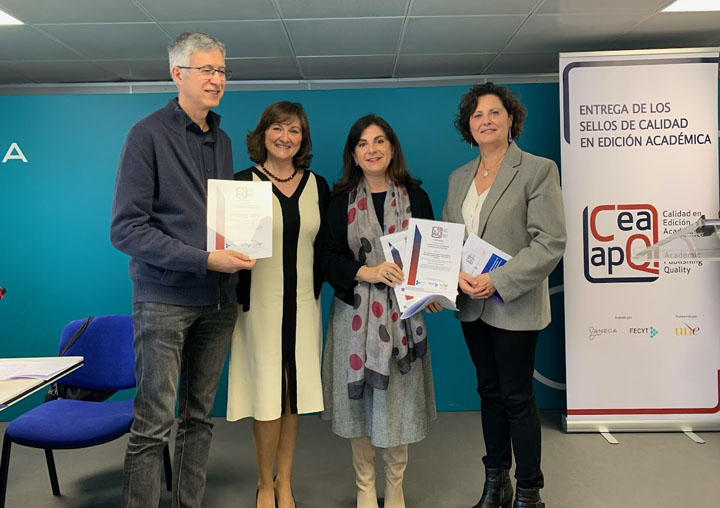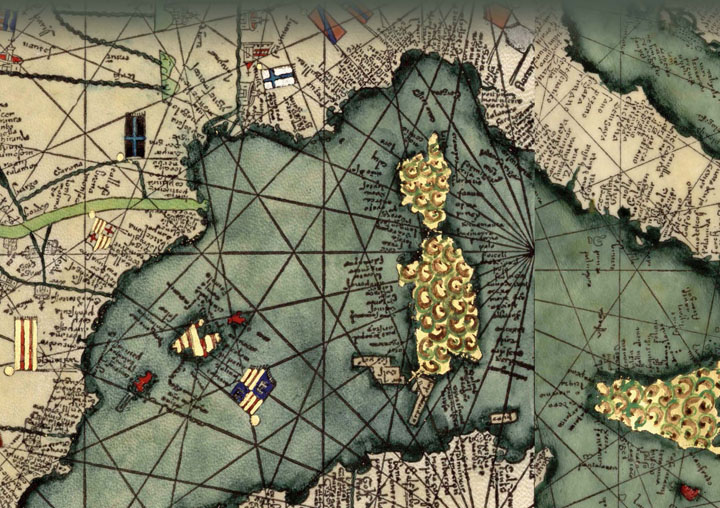Wolfgang Fritz Haug participates in the presentation of the number 50 of the magazine ‘Pasajes’ at La Nau
- November 8th, 2016

On Tuesday 8 November, is presented at the Paranymph of the UV (Cultural Centre La Nau) the number 50 of the magazine of contemporary thought ‘Pasajes’. The event starts at 19:30 hours with the attendance of the philosopher Wolfgang Fritz Haug; Antonio Ariño, vice-principal for Culture; Giulia Colaizzi and Gustau Muñoz, Members of the editorial board of the magazine; and Pedro Ruiz Torres, director of ‘Pasajes’.
This special edition of the magazine is dedicated to ‘El inquietante siglo XXI’ (The worrying 21th century), and it suggests a global and multidisciplinary approach to several topics and problems that define a not particularly reassuring reality. The 21th century seems to be complex and with worrying dynamics that should be known in order to change them as far as possible. This is the spirit of a special edition in which the reader will find really useful analysis, information and reflections.
In this way, the Franco-Italian historian Enzo Traverso opens the edition with an essay about the radical and xenophobic right Europe and their concomitances with the historical Fascism. The German philosopher Wolfgang Fritz Haug analyses the digitisation process as a time of change, a process with social an cultural unsuspected consequences. The full university professor of Sociology of the UV Ernest García reflects about the forcible trespass (exceed the ecological limits of the planet) and climate change. The French philosopher Étienne Balibar does a substantial contribution in the analysis of the Great Recession and its decisive points: the neo-liberalism politics and the permanent indebtedness in the new stage of the finance-oriented capitalism.
The full university professor of Philosophy of Law of the UV Javier de Lucas approaches to the refugees crisis within the framework of the European crisis and the migratory dynamics. The sociologist of the CSIC Maria Ángeles Durán shows a reality normally forgotten: the progressive aging of the population and the challenges of cure and assistance that this will pose in an immediate future, with the socio-economic problematic that it includes. Pablo Cañete, researcher of the UV and author of ‘Los rostros del islam’ (PUV), talks about Europe and Islam from an intercultural understanding approach, exploring procedures of entente and conflict mediation.
Nahla Nadaoui, professor of the University of Bagdad, shows the terrible situation of women in territories in Irak controlled by IS (or Islamic State). The philosopher Antonio Diéguez writes about the ‘post human’ challenge, that is, the new programme that is opened with the explosion of artificial intelligence and the intensive application of technology in the human body. The Brazilian theorist for communication Lucia Santaella deals with the pluralism of meanings in contemporary art among postmodernism, the end of art and new artistic practices. Finally, Pedro Ruiz writes about memory and post-memory, Juli Peretó about the importance of science, Andrés Moya about science in Spain, Cristina Vida about resilience as a value to preserve for the current crisis, and Gustau Muñoz about the general topic of this edition: the worrying 21st century.
















